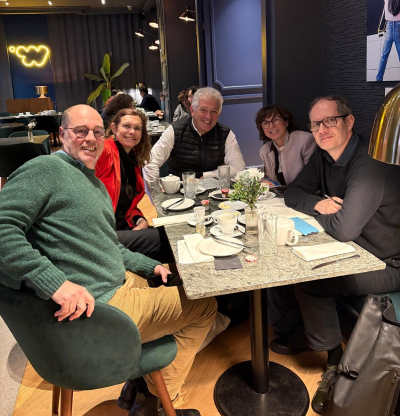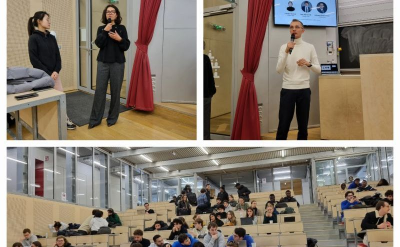News

IP Paris Alumni debate on AI on 09/18
AI has been making a comeback since the public release of ChatGpt. Is it possible or not to reconcile AI, trust, efficiency and responsibility?
After an introduction to the event, attended by students and alumni from the 6 IP Paris alumni associations, by Isabelle Tournassoud, President of ENSAE Alumni, Gérard Der Agobian, (X78 - Télécom Paris 83) Vice President of Télécom Paris alumni, interviewed Michel Paulin, CEO of OVH Cloud, on the theme "How can data contribute to developing a company's efficiency and business? Jeremy Harroch (X 2007) VP Capgemini Invent and founder of Quantmetry then led a round table discussion with Perrine Kaltwasser (X 99 - ENSAE 2004), Managing Director of Risk, Compliance and General Secretariat, member of the Banque Postale Management Board, Bruno Maisonnier (X78 - Télécom Paris 1983), CEO of AnotherBrain, a startup creating a new generation of bio-inspired artificial intelligence close to the functioning of the cerebral cortex, Stéphan Clémençon, researcher at the Hi! PARIS center (IP Paris) and teacher-researcher at Télécom Paris on big data and AI.
- The question of sovereignty is at the heart of the data/IA issue: sovereignty of data, which is a strategic asset for companies and governments alike; sovereignty of infrastructures, with risks already identified for the Cloud, where almost 80% of automatic data extraction solutions are held by 3 non-European players; sovereignty of electronic components, where the United States is seeking to catch up with Asia... and where Europe is still lagging behind; sovereignty of start-ups, where Europe is still in the minority in investor financing rounds.
- France and Europe need to adopt a sector-based approach and position themselves across the entire value chain, from components and IT infrastructures to algorithms, data and data quality, via companies and training courses, in an ecosystem approach: the success of countries such as Israel, Canada and South Korea shows that this path is possible, but requires greater and/or better-targeted resources.
Europe's success will also depend on raising the profile of science from an early age, and increasing the number of women in scientific training.
- The regulatory framework is constantly evolving, and constitutes a point of divergence between Europe and the rest of the world, with more restrictive regulations that are an ethical advantage for some... but also a hindrance for others. Today, legal issues and compliance constraints represent a cost, but also a factor of uncertainty: What are we allowed to do? What can we do or not do tomorrow?
- AI is a must: competitors use it, fraudsters use it; AI will disrupt the job market and make professions disappear, as other technological changes have done in the past; companies will have to adapt and train their employees, in line with their areas of AI application. As foreseen in the forthcoming European regulation on the regulation of artificial intelligence systems (AI Act), a risk-based approach is necessary. It is indeed important to regulate the uses and purposes according to the uses: prohibited practices versus acceptable risks to be framed.
- Investment in a technology is inextricably linked to the path you want to follow, and France has a specificity in terms of "creative engineering" that would benefit from greater emphasis. Among our priorities is the absolute necessity of training and developing research in conjunction with industry. France would do well to draw inspiration from the institutes of technology for our schools in this field.
 1
1














No comment
Log in to post comment. Log in.